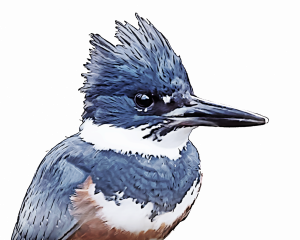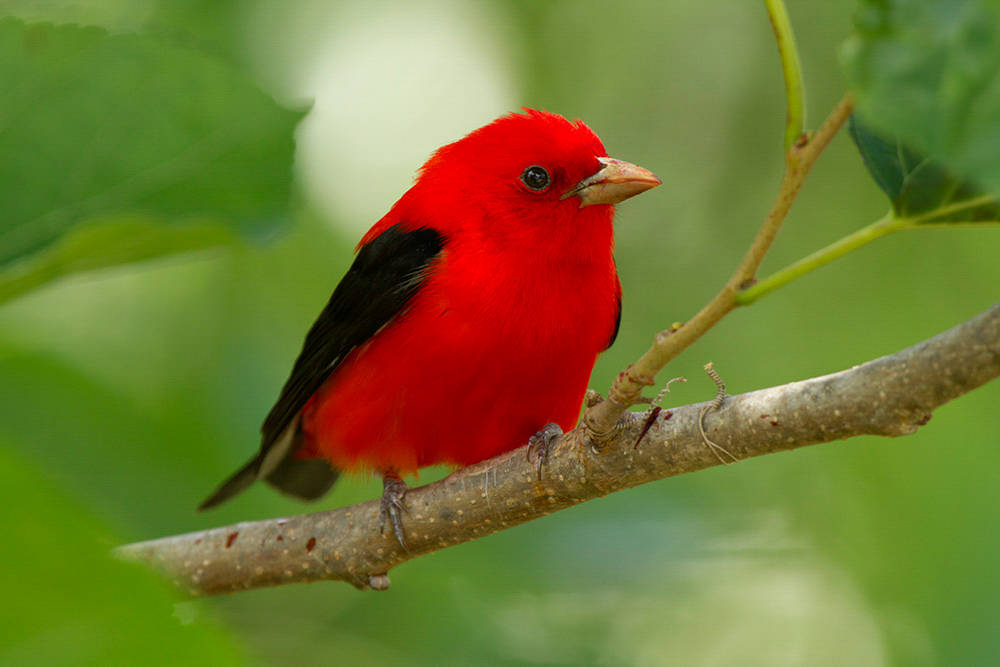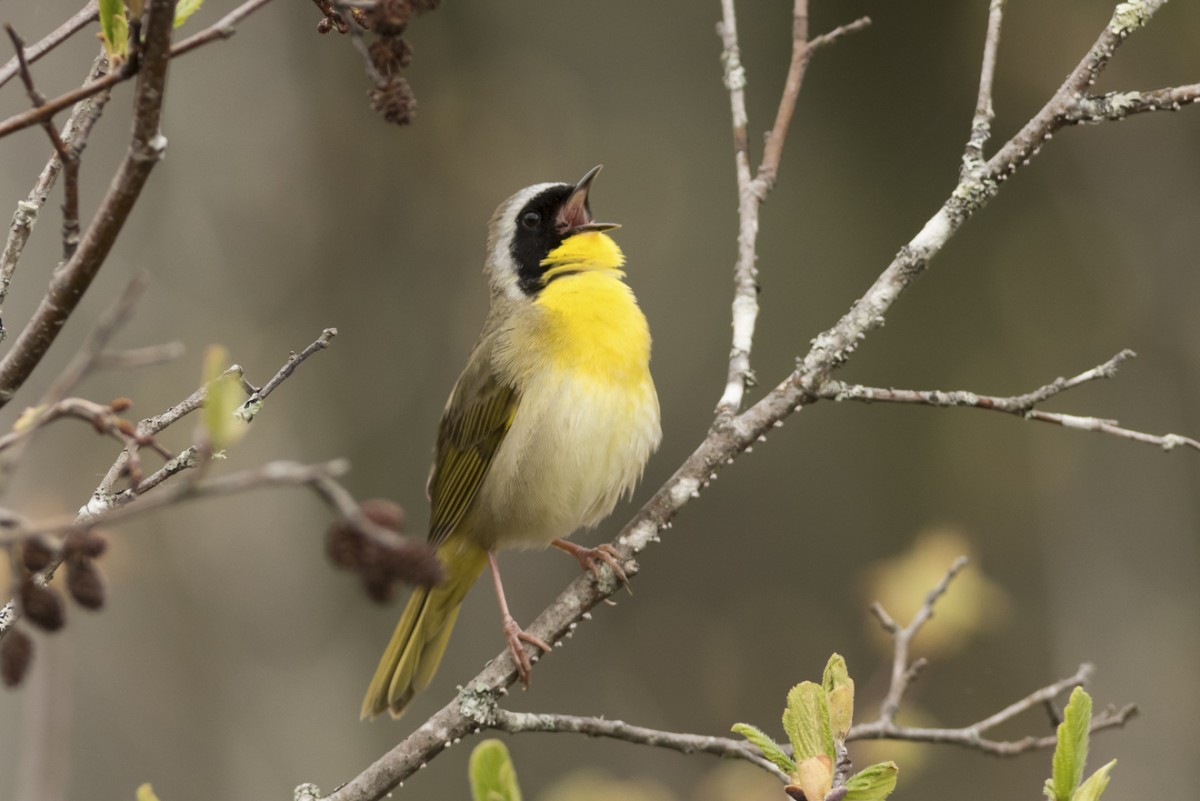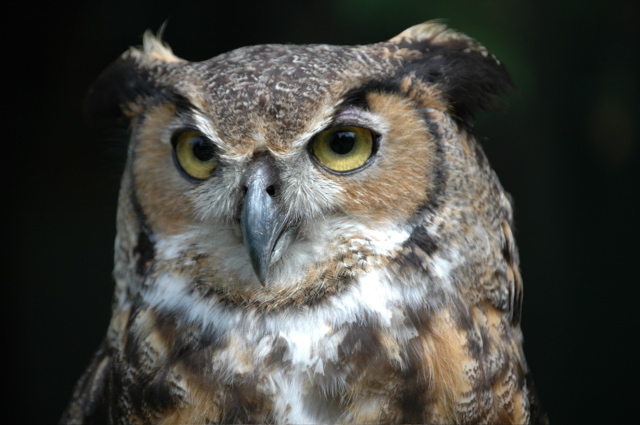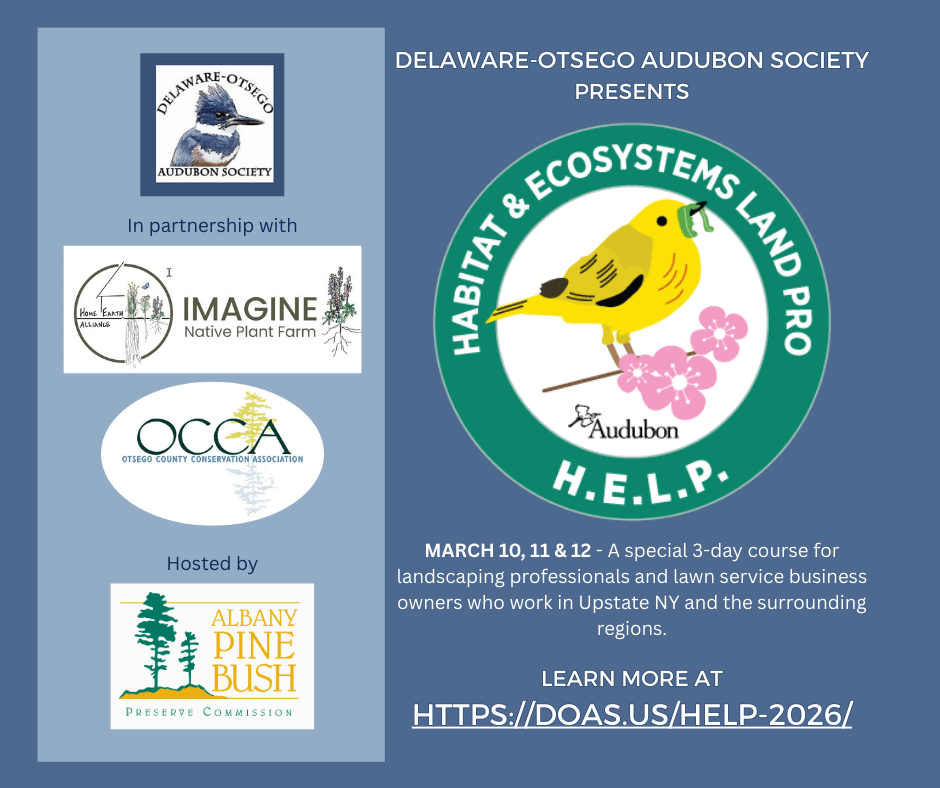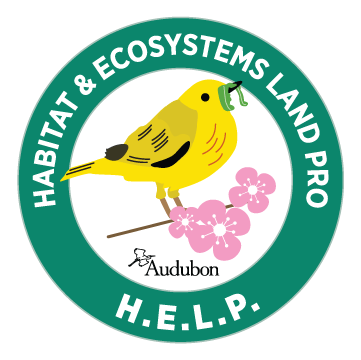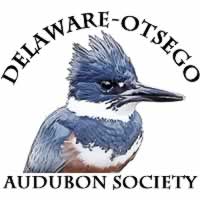Friday, February 18, 2022 7:30pm on Zoom
Delaware-Otsego Audubon Society will host Dr. Douglas Causey, Professor of Biological Sciences at the University of Alaska Anchorage on Friday, February 18, 2022 on Zoom at 7:30pm. This program is free and open to the public. Registration is required.
Register at https://us02web.zoom.us/webinar/register/WN_ZZUgcrpmRP-ltFrYdoKZMA
We are in the midst of rapid climate change, and the Arctic and Subarctic are warming 3 – 4 times faster than the rest of the world. In order to get a better idea of how these environmental changes may affect breeding seabirds in the Bering Sea, Doug and his students have been looking closely at rapid changes in the past 15 years as a way to understand what the future may hold. But before we can understand how great or quick the effects may be, it’s important to know how seabirds reacted to past environmental events. Dr. Causey will talk about how archeology of early Aleut midden has told us about the abundance and distribution of all breeding seabirds over the past 3000 years, and tie this into research that has been undertaken up until 2019. He will present images and videos of Beringian seabirds and colonies that few ornithologists have seen, and will work to convince you that cormorants are probably the most interesting seabirds in the world.
Dr. Douglas Causey is Professor of Biological Sciences at the University of Alaska Anchorage and Senior Fellow of the Arctic Initiative, Harvard Kennedy School. An ecologist and evolutionary biologist by training, he has authored over two hundred publications on topics as diverse as the biology of Arctic marine birds, high Arctic coastal ecosystems, and zoonotic diseases. He has published extensively on policy issues related to Arctic environmental security, dynamics of change in Arctic marine ecosystems, and bioterrorism and public health.

